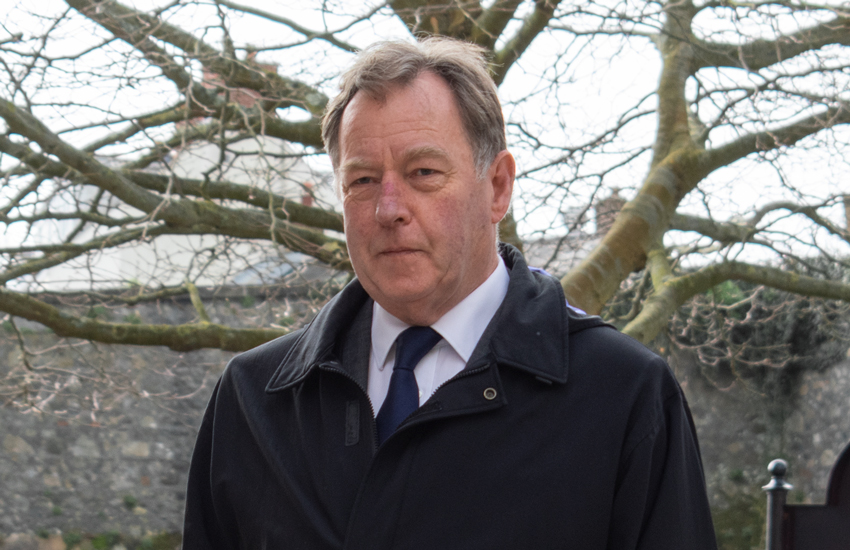

Two amendments to the proposed Discrimination Law that would speed up the legislation process have been approved, including one that would outlaw discrimination on the grounds of sexuality and faith in the first phase.
If the final proposals are approved, the Ordinance will now be rolled out in three phases instead of four, with all anti-discrimination legislation to be enacted by 2024 and ‘equal pay for work of equal value’ legislation in 2026.
This comes from an amendment proposed by Deputy Langois, who wanted an alternative to other amendments which would have expedited the process, but made alterations to the first phase of legislation. In his view, this would incite further debate and cause unintended delays in approval of the legislation.
But one such amendment, proposed by Deputy Parkinson, has also been carried by the States of Deliberation. Deputy Parkinson’s amendment brings forward protections on the grounds of sexuality and faith into the first phase of legislation.
Despite Deputy Langois’ concerns, Deputy Parkinson was certain that implementing this legislation would not pose a significant challenge.
“This really shouldn’t be controversial stuff,” Deputy Parkinson said in debate. “There’s no great cost or inconvenience in implementing this legislation and bringing these grounds into Phase 1,”
“If ‘Guernsey together’ means anything at all, surely it means ‘no one left behind.’”

Pictured: Deputy Shane Langlois, who proposed an amendment which truncated the proposed three phases of anti-discrimination legislation into two, raised concerns that altering the first phase would delay implementation.
A number of deputies raised concerns that legislation regarding sexuality would require debate about the definitions of gender and sex, which would delay implementation. Deputy Parkinson clarified, however, that the amendment was written in such a way as to avoid such debate; it refers simply to discrimination on the grounds of who one is attracted to, regardless of how either person involved might identify.
“You shouldn’t be discriminated on the grounds that you love somebody,” said Deputy Hansmann Rouxel in support of the amendment. “How we define that person in law won’t matter; it’s who you are,”
Deputy John Gollop, of the Committee for Employment and Social Services, felt that a lot of the groundwork for sexuality and faith equality was already there, which would make implementation of the legislation easier.
An amendment proposed by Deputies Andrea Dudley-Owen and Peter Ferbrache, which would have pushed the legislation back to allow for an impact analysis, was not laid.
Pictured Top: Deputy Parkinson's amendment, which brought forward protections on the grounds of sexuality and faith, was carried 34-3 (with one abstention and one absence) despite rigorous debate.
Comments
Comments on this story express the views of the commentator only, not Bailiwick Publishing. We are unable to guarantee the accuracy of any of those comments.